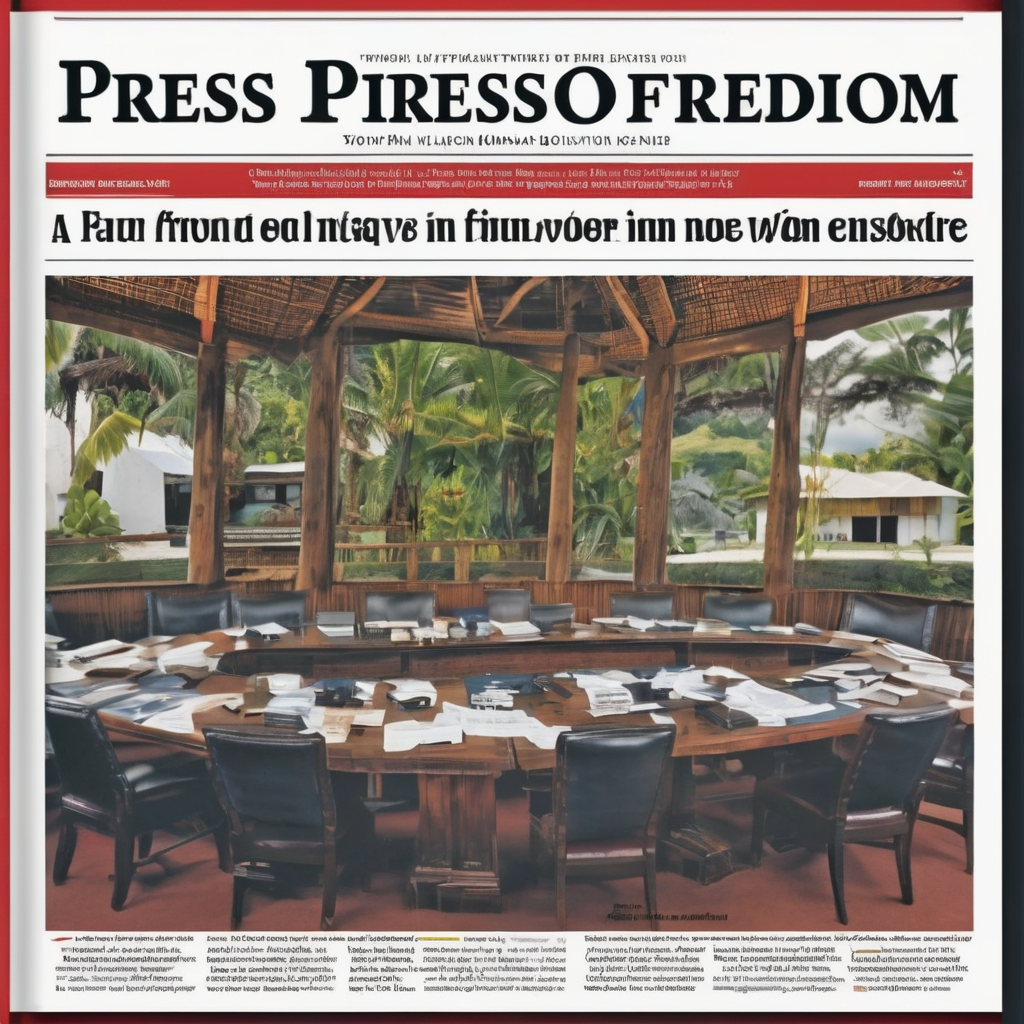The Pacific Islands News Association (PINA) has voiced serious concern regarding the recent decision by the Samoan government to prohibit the Samoa Observer, a well-established independent newspaper. This move has ignited strong reactions from regional media advocates who argue that it significantly jeopardizes press freedom, restricts public access to crucial information, and undermines democratic accountability in the Pacific.
In a public statement, PINA called for the swift reversal of the ban, urging the Samoan government to honor its commitments to open dialogue and transparent governance. The association underscored that Samoa is equipped with a legal framework, established by the Media Council Act of 2015, aimed at addressing media-related issues. This Act empowers the Media Council to assess complaints linked to media accuracy and ethical standards, providing a legitimate pathway for resolution that avoids punitive actions.
PINA highlighted the importance of addressing media concerns through constructive engagement with the Media Council, rather than resorting to restrictive measures. Such bans are perceived as excessive and set a perilous precedent that could pave the way for silencing independent voices, especially during critical times when public oversight is crucial.
This incident reflects broader challenges that PINA has noted concerning media oppression across the Pacific region. It has brought attention to the increasing suppression of media freedom in places like Papua New Guinea, where journalists face harsh repercussions for speaking out against authority. These unsettling patterns underscore the pressing need to protect journalistic integrity and freedom of expression within the Pacific Islands.
PINA reiterated its commitment to fostering dialogue that strengthens the relationship between the government and the media in Samoa and throughout the Pacific. They stress that the vitality of democracies relies on having robust and independent media, urging governments to uphold press freedoms as essential to democratic principles.
Despite the concerning developments, PINA remains optimistic that advocacy for press freedom will yield better conditions for media operations and foster a culture of accountability and transparency throughout the region. The collaborative efforts of media organizations to address these challenges signal a resilient commitment to uphold democratic values, reinforcing the importance of independent journalism as a cornerstone of societal health.
